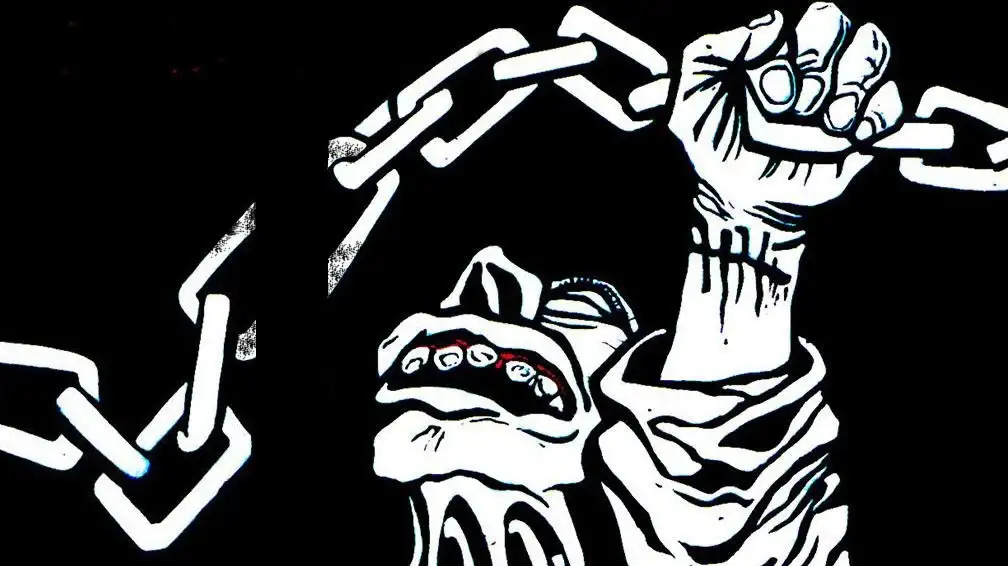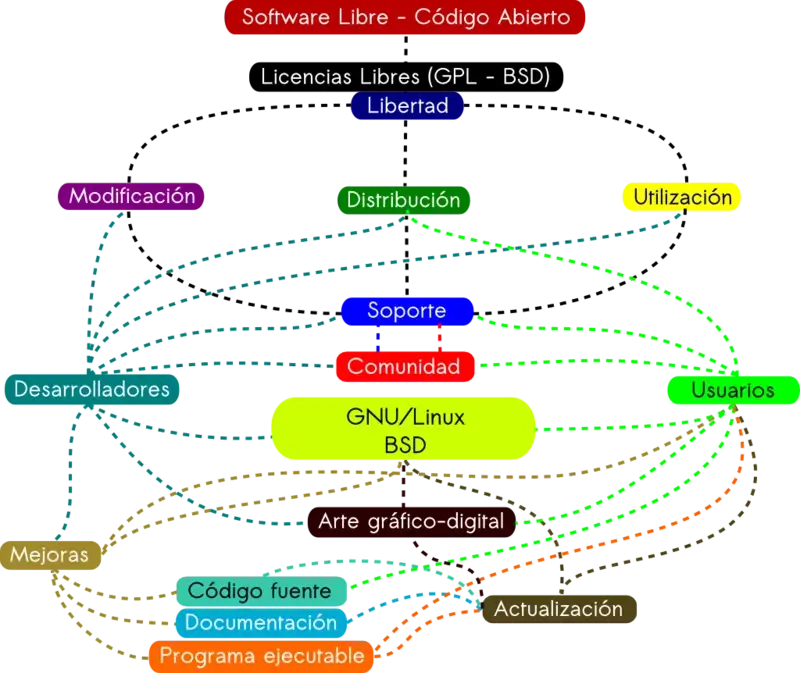Diego Graziano
Emprendedor compulsivo

Open Source: the communism of knowledge.
A few weeks ago I ran into an article of an Argentinean newspapper called “La Nación” about the Red Hat Forum, one of the most important Open Source forum of LA region. A subtitle of this article claims “El poder del individuo” (The power of individual). At first I agreed, by definition the concept of open source is the development of software made by people and not by companies or corporations where they seek profits, restricting access to it. But then I started to rethink the concept of open source and I come to different conclusions.
First of all: What is the open source? Open source is software developed and distributed freely. But, according to GNU, “Free Software” is a matter of freedom, not of price. To understand the concept, you must think of freedom in the sense of “freedom of expression,” not “gratuity.”.
With free software, you have the freedom to access the source code, modify it, and make it available to other users. For GNU, the concept of freedom is based on the following points:
- The freedom to run the program as you wish, for any purpose (even commercial).
- The freedom to study how the program works, and change it so it does execute as you wish.
- The freedom to redistribute copies so you can help others.
- The freedom to distribute copies of your modified versions to others. By doing this you can give the whole community a chance to benefit from your changes.
In all cases access to the source code is a precondition.

So, we have professional men and women, from programmers to designers, from developers to data scientists, spending hours of their lives creating programs or applications and not going to make any profit for it. It sounds illogical in the capitalist world that we see today but it is a tendency that grows more and more.
The obvious question is why? Why invest my time and my knowledge in something that will not give me profit? The answer is clear: For the good of society. What Lenin has initiated in the Russian Revolution of 1917 we will conclude it in 21st century but from a different approach. Stripped of all individualism, narcissism and selfishness (contrary to the title of the newspaper), people from all over the world collaborate on common projects for the simple benefit of improving the society in which they live.

And why does the title says communism? Let's review the definition: Communism is an economic and social system, decentralized, in which all (or nearly all) property and resources are collectively owned by a classless society and not by individual citizens. It may seem exaggerated, but what if we replace property and resources with software knowledge? Quite similar, don't you think?
At this point, it's really important to emphasize that as a society we are evolving, since socialism failed in the economic and political plane but we are achieving in education and culture.
The success of the open source is in the change of paradigm, where software development is not left in few hands, locked in cubicles trying to maximize the profits of the company for which they work, but in multiple voices that rise to offer their small contribution from their own experiences, ideas and knowledge. And what happens if you are in search of free software but have features that you do not need? Or some that are not yet made? MODIFY IT! You can have your own software for you and without paying a cent to anyone.
Why don't the big software companies avoid this?
Basically because it's impossible. The only solution would be to turn off the internet at global level. As more people have access to the network, more contributions to open source will be made. Therefore, instead of continuing to fight, leading companies in payment software like Microsoft are beginning to turn their monetization to other areas and are releasing the code of most of its applications. Don't you trust me? Check this out. Will be Windows an open source software someday? Only time will tell.

Conclusion:
More than 2000 years ago, Aristotle said: “The whole is greater than the sum of its parts”. I agree. Thousands of people are currently in their homes, in their offices, in cafes, parks or universities contributing to some free software. That is great. But on the whole, the open source concept has shown that it is possible to defeat the system. That if we all cooperate, help, correct and control we can do things better than if someone imposes on us -and they charge us for it-.
The future is always uncertain, but open source is a long-term projetc without any cloud in the sky. Perhaps other social areas take this case as an example to continue with the creation of a decentralized world and only regulated by its own individuals, together as a society.
If you are intereted in learning more about open source, you can check the best website about it: GitHub.